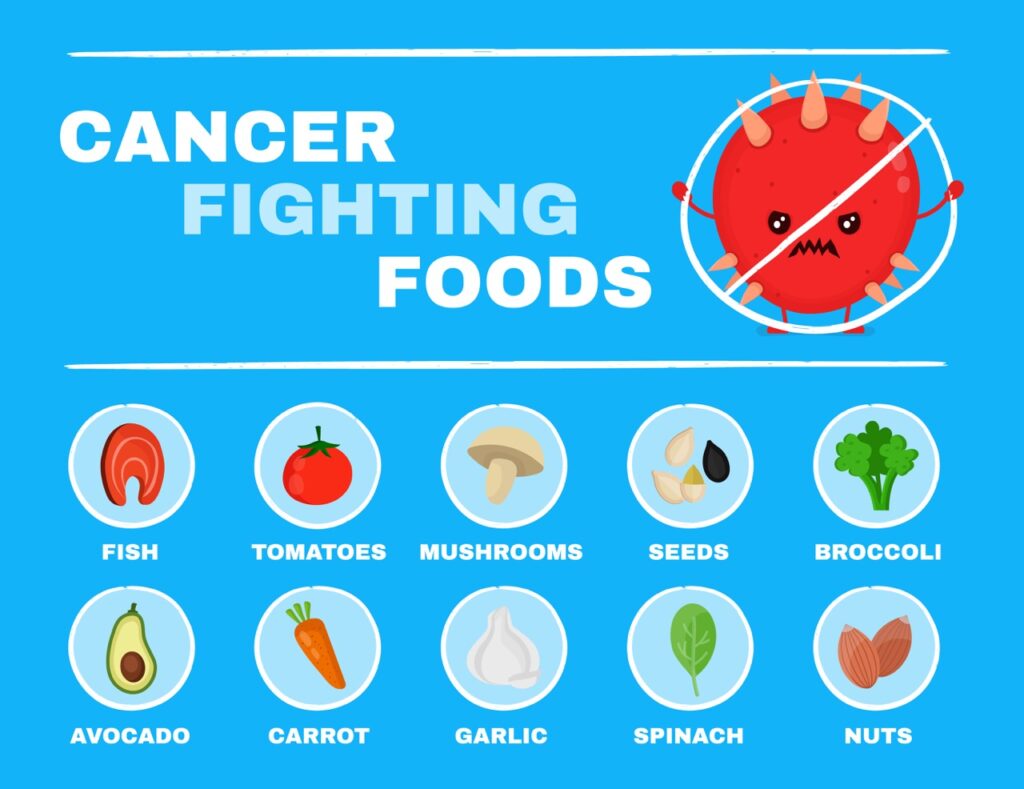
Our diet is a powerful silent hero that is often overlooked for its pivotal role in cancer prevention and care. Beyond medicines and treatments lies the potent power of foods, which can be a shield and a sword against cancer. This blog explores how a healthy diet works with our body’s defense mechanisms to help fight cancer, reduce cancer risks, and nourish the body during cancer treatments.
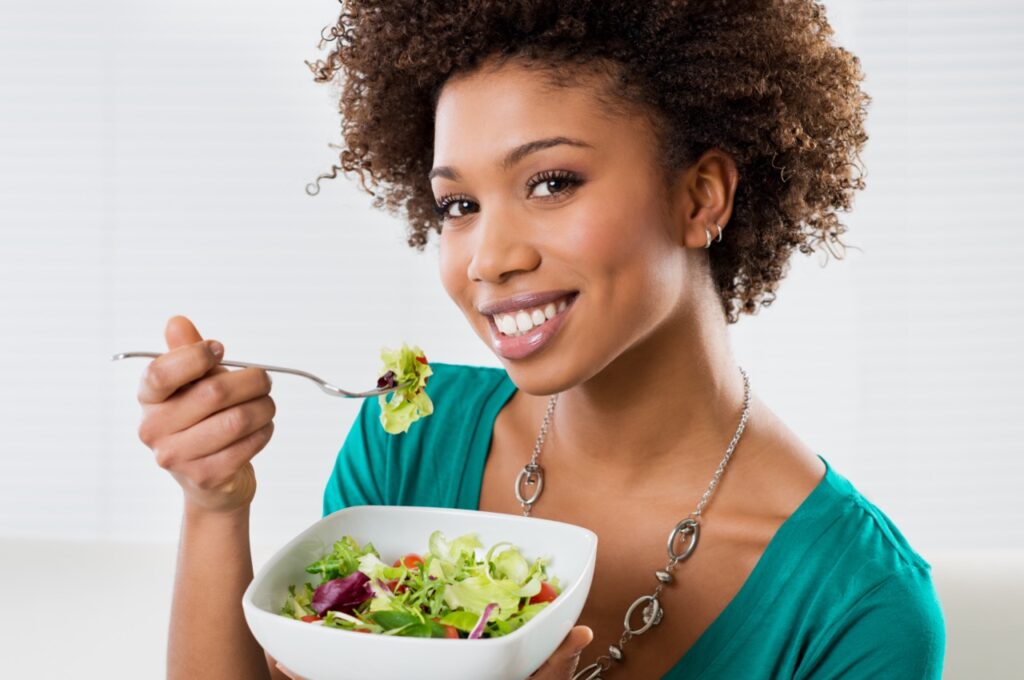
Health And Wellness Coach Jacqueline Ford says consuming a nutritious and balanced diet is an important step to reduce cancer risks. Healthy eating also has numerous benefits for those undergoing cancer treatment. Here’s why:
How Foods Can Help With Cancer Prevention
Reduction of Risk Factors

A diet high in processed foods, red meats, and added sugars has been associated with a higher risk of certain cancers. In contrast, a diet rich in fruits, vegetables, and whole grains provides antioxidants, fibers, and essential nutrients, which can help decrease cancer risks.
Weight Management
Maintaining a healthy weight can reduce the risk of developing various types of cancer. Obesity has been linked to increased risks for cancers such as breast, colon, and pancreas.
Strengthening Immune Function
A well-balanced diet boosts the immune system, equipping it to detect and combat potential cancerous cells more effectively.
Gut Health
Diets rich in fiber promote a healthy gut and reduce the risk of colorectal cancer. They help maintain regular bowel movements and promote a healthy microbiome.
Hormone Regulation
Certain foods can influence hormone levels in the body. For instance, diets high in soy can affect estrogen levels, and balancing these through diet may help control breast cancer risks.
During Cancer Treatment
Supporting Recovery
The body undergoes immense stress during cancer treatments such as chemotherapy or radiation. Nutrient-rich foods provide essential vitamins and minerals to help repair and regenerate tissues.
Managing Treatment Side Effects
Many side effects, such as loss of appetite, nausea, or constipation, can be managed or alleviated with the right dietary choices.
Maintaining Strength and Energy
Cancer treatments can be draining. A well-balanced diet provides the energy needed for daily activities and helps maintain muscle mass.
Optimizing Treatment Outcomes
Certain nutrients can enhance the effectiveness of treatments. For instance, adequate protein intake supports wound healing and infection prevention after surgeries.
Protecting Non-Cancerous Cells
While treatments target cancer cells, they can also affect healthy cells. A nutritious diet can help these healthy cells recover faster and reduce the risk of infections or other complications.
Mood and Mental Well-being
Diet plays a role in mental health. Foods rich in omega-3s can support brain function and mood, which is particularly crucial because of the emotional stress of a cancer diagnosis and treatment.
Optimal Body Weight
Some patients lose weight, while others gain during treatments. A balanced diet can help manage these weight fluctuations, ensuring the body remains strong and resilient.
Foods That Can Help Reduce Cancer Risks and Help During Cancer Treatments
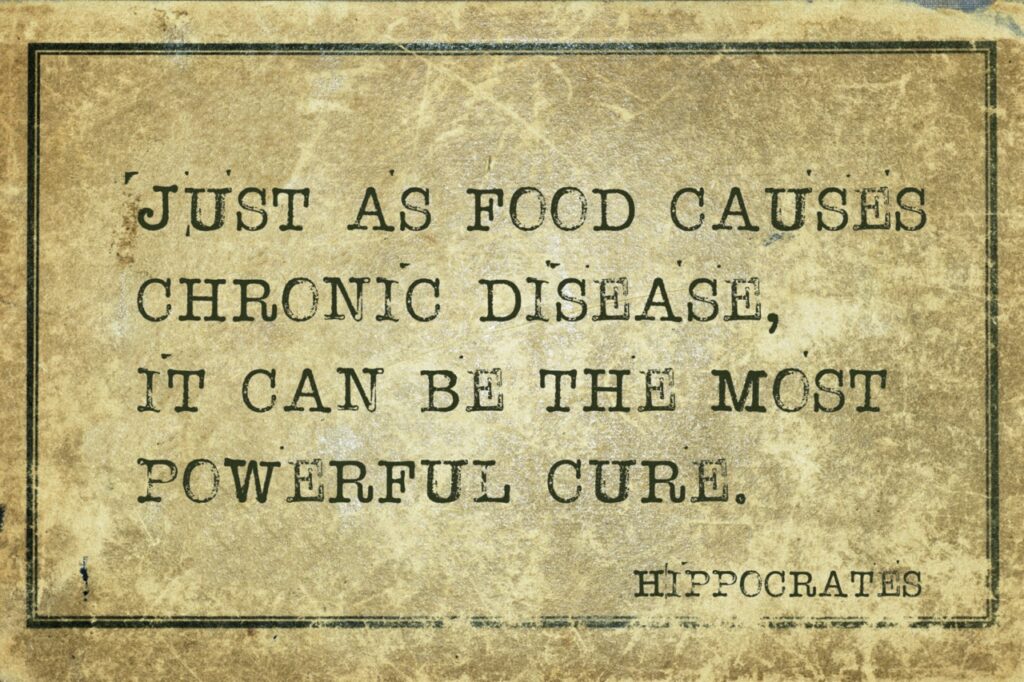
Here are some foods that can help with cancer prevention and cancer recovery:
Cauliflower
When the vegetable is chewed, certain compounds are converted into bioactive compounds, which have been shown to inhibit the development of cancer in several organs in rodents, including the bladder, breast, colon, liver, lung, and stomach.
Good source of dietary fiber. A diet high in fiber is associated with a reduced risk of colorectal cancer.
Fish
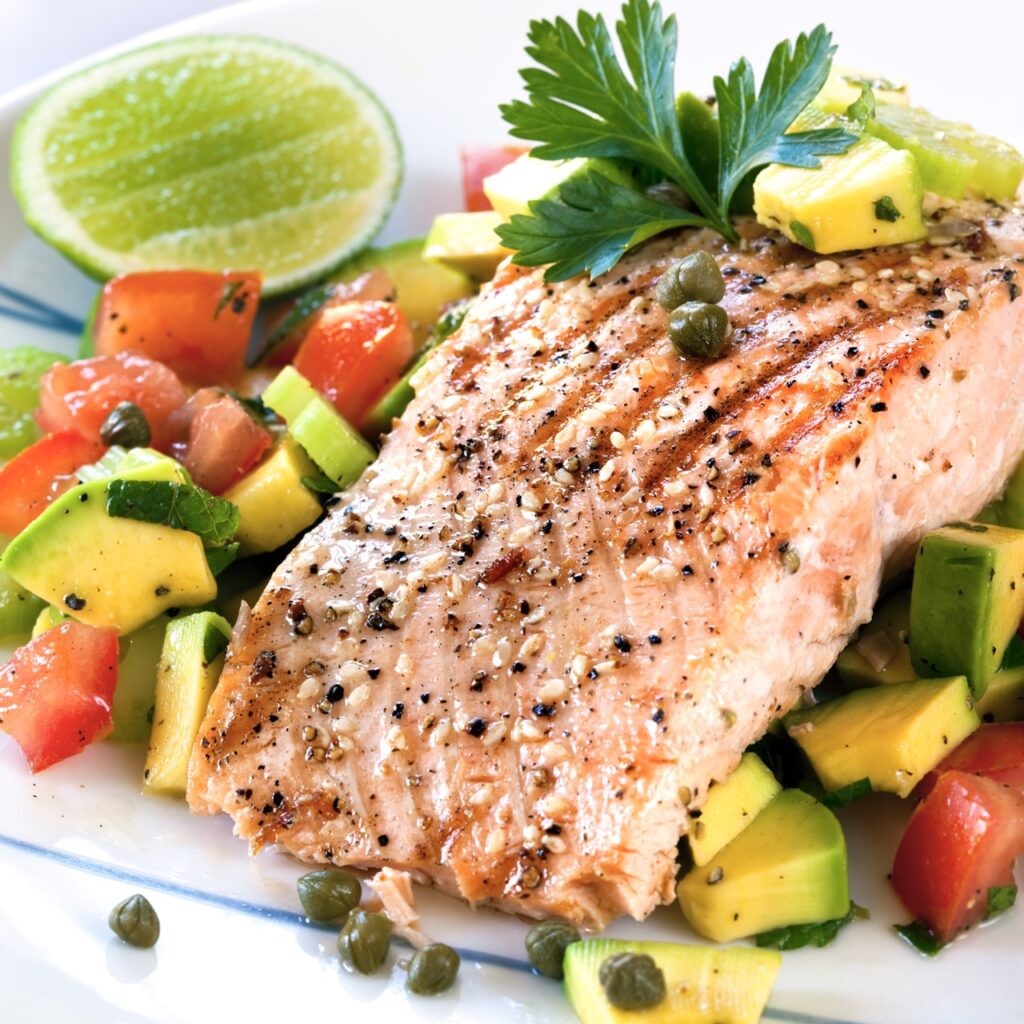
Fatty fish like salmon, mackerel, sardines, and trout are rich in omega-3 fatty acids. There’s some evidence suggesting that omega-3 fatty acids may inhibit the growth of cancerous tumors and reduce inflammation, a risk factor for cancer.
Fatty fish is also a good source of vitamin D. Some research indicates that vitamin D might play a role in regulating cell growth and preventing cancer cell development.
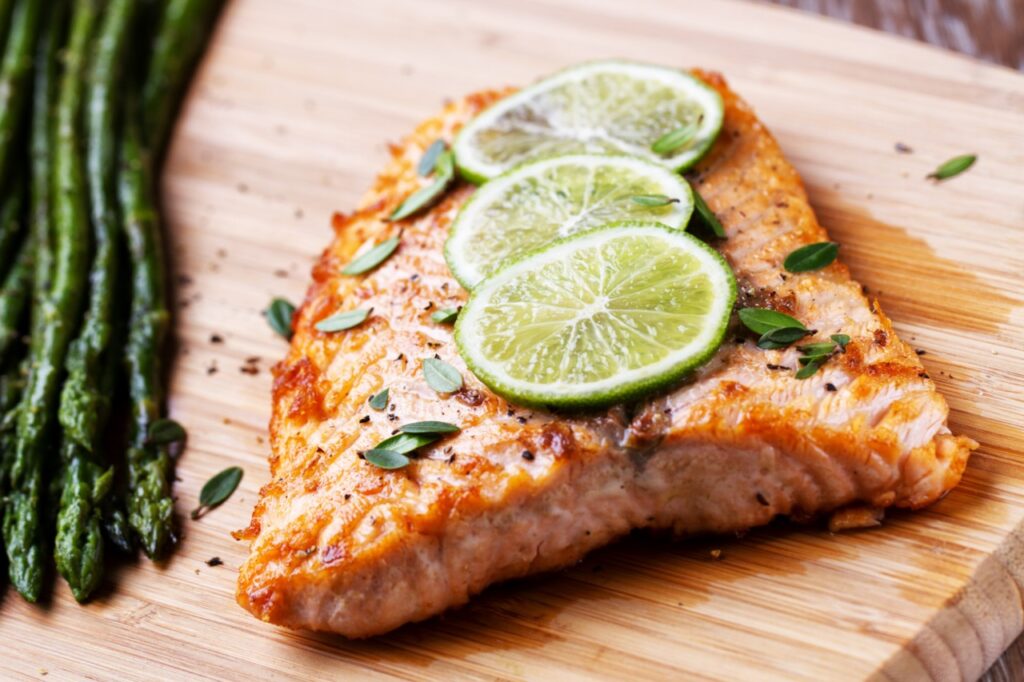
Many fish, especially tuna, are rich in selenium. This is a mineral that acts as an antioxidant and may help protect cells from damage.
Broccoli
Contains sulforaphane, which is believed to have anti-cancer properties. Studies suggest it can inhibit the growth of cancer cells.
Berries
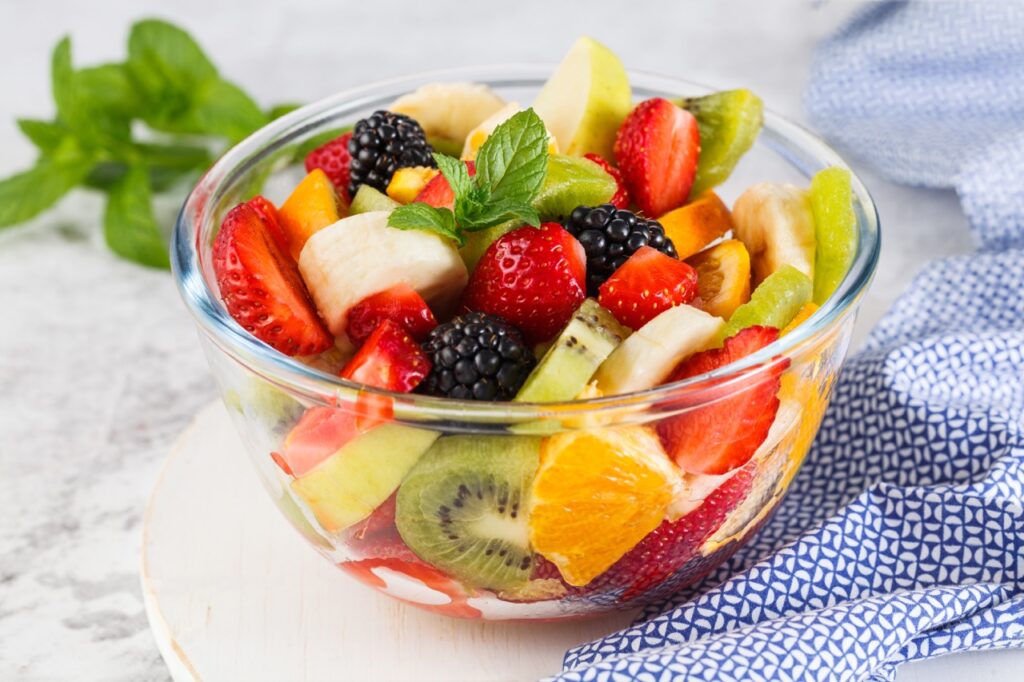
High in antioxidants, which protect cells from damage by harmful free radicals.
Garlic
Contains allicin, which has been shown to inhibit the growth of cancer cells in several studies.
Turmeric
Curcumin, the active component in turmeric, is an anti-inflammatory and antioxidant that may inhibit the growth of cancer cells.
Spinach
High in lutein and zeaxanthin, antioxidants that help remove free radicals from the body.
Tomatoes
Rich in lycopene, a powerful antioxidant that has been associated with a reduced risk of certain cancers.
Green Tea

Contains catechins, antioxidants that can help to prevent cell damage.
Walnuts
Contain phytonutrients and are high in omega-3 fatty acids, which have anti-inflammatory properties.
Flaxseeds
Rich in lignans and omega-3 fatty acids, which may have anti-cancer effects.
Citrus Fruits
High in vitamin C, a powerful antioxidant that can help protect cells from damage.
Carrots
Contain beta-carotene, an antioxidant that may help reduce the risk of cancer.
Beans
High in fiber, which has been linked to a lower risk of colorectal cancer.
Olive Oil
Rich in antioxidants and anti-inflammatory compounds like oleic acid and squalene.
Kale
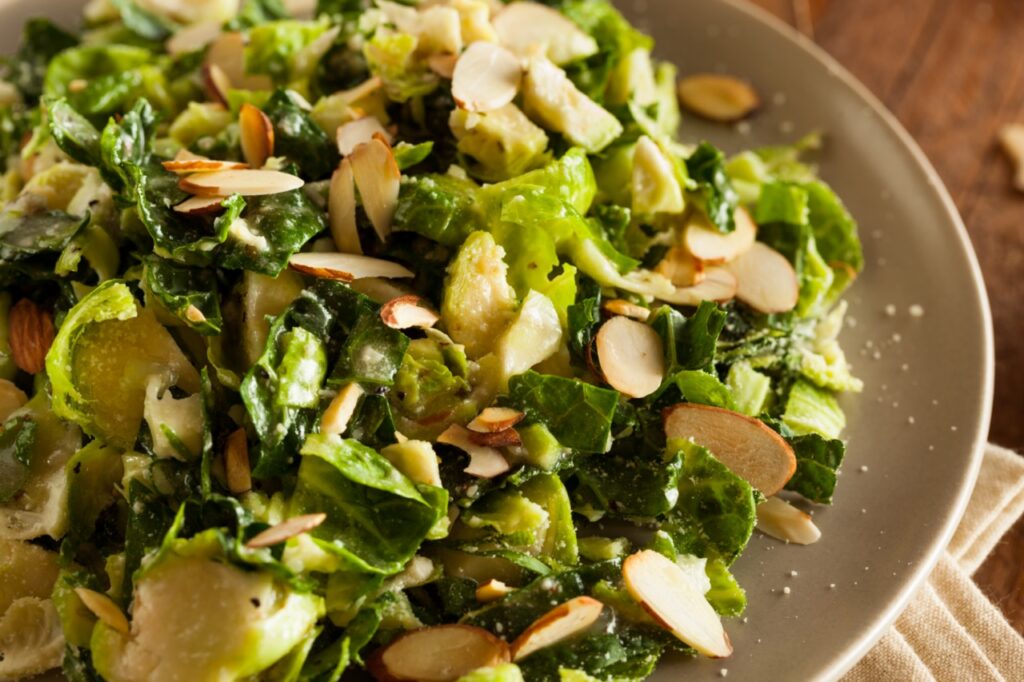
High in antioxidants and other phytonutrients that may help to prevent cancer.
Ginger
Contains gingerol, which has anti-inflammatory and antioxidant effects and may inhibit the growth of cancer cells.
Mushrooms (such as Shiitake, Reishi, and Maitake)
Contain beta-glucans and other compounds that may boost the immune system and inhibit tumor growth.
Pomegranates
Rich in antioxidants and anti-inflammatory compounds that may inhibit cancer cell growth.
Sweet Potatoes
Contain beta-carotene and other antioxidants that may help to prevent cancer.
Whole Grains (such as Quinoa, Oats, Barley)
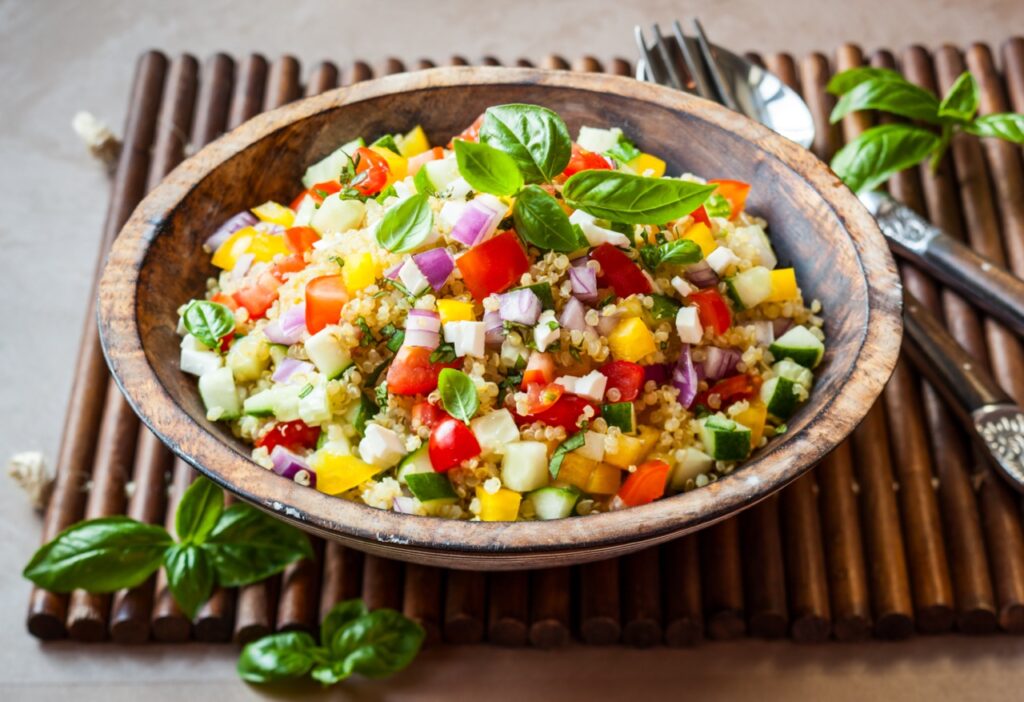
High in fiber and antioxidants. A high-fiber diet has been associated with a lower risk of colorectal cancer.
It’s important to note that no food can prevent cancer entirely. Still, many can contribute to a healthy, cancer-preventing lifestyle combined with regular exercise, adequate sleep, and stress reduction. Always consult with a health and wellness coach or your physician before making significant changes to your diet. A certified health and wellness coach can tailor dietary choices to individual needs and conditions.
If you or someone you know is looking for a nutritious way to help reduce cancer risks or need nutritional support during treatment, expert advice can guide your journey. Take the step now and contact The Health and Wellness Coach to get started.

